New and Improved COVID Vaccines
Pfizer and Moderna will soon roll out protection against newer strains.
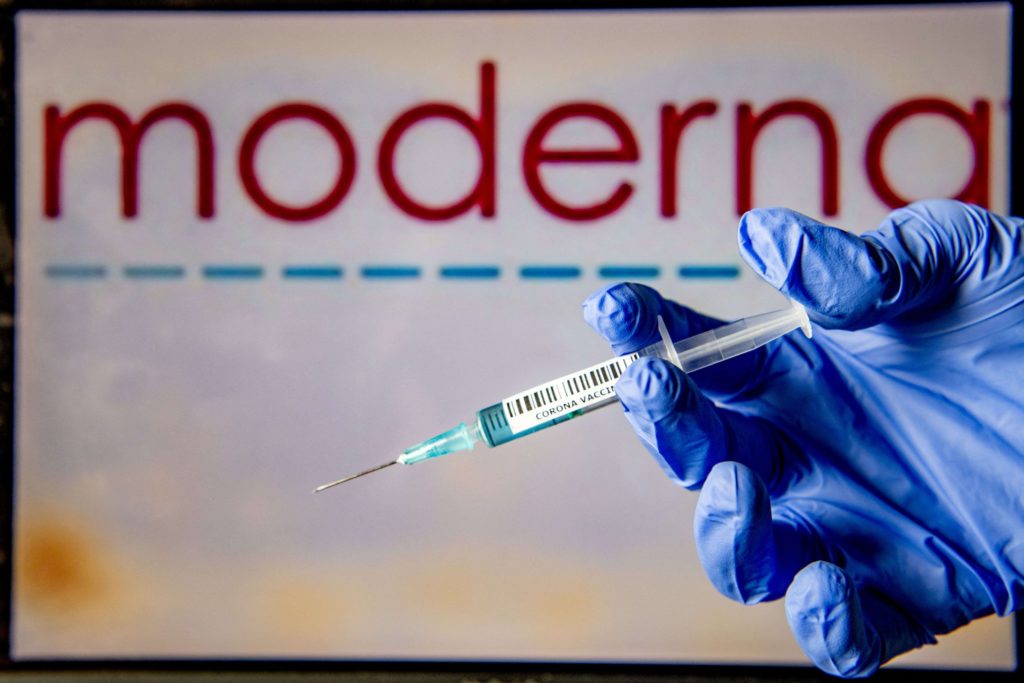
The Atlantic‘s Rachel Gutman-Wei offers “A Simple Rule for Planning Your Fall Booster Shot.”
In less than two weeks, you could walk out of a pharmacy with a next-generation COVID booster in your arm. Just a few days ago, the Biden administration indicated that the first updated COVID-19 vaccines would be available shortly after Labor Day to Americans 12 and older who have already had their primary series. Unlike the shots the U.S. has now, the new doses from Pfizer and Moderna will be bivalent, which means they’ll contain genetic material based both on the ancestral strain of the coronavirus and on two newer Omicron subvariants that are circulating in the U.S.
These shots’ new formulation promises some level of protection that simply hasn’t been possible with the original vaccines. “A bivalent vaccine will have some benefit for almost everybody who gets it,” Rishi Goel, an immunologist at the University of Pennsylvania, told me. “How much benefit that is, we’re still not exactly sure.” People who aren’t at high risk could end up only marginally more protected against severe outcomes, and no one thinks the shots will banish COVID infections for good. There is, however, a simple rule of thumb that nearly everyone can follow to maximize the uncertain gains from a shot: Wait three to six months from your last COVID infection or vaccination.
Everyone in my household save for my youngest daughter, who just turned 11, is both eligible and in this window. My oldest stepdaughter, who’s been on her own for about a year, is the only one (at least that we know of) who has had COVID—just last month, so not yet ready.
Put that rule into action, and it plays out a little differently, depending on your circumstances.
If you haven’t had COVID since about November 2021, the advantage of a bivalent booster over the original formula is obvious, and as long as you haven’t gotten boosted recently, there’s every reason to get the new one right away. (If you have been boosted in the past few months, your antibody levels are probably still too high for a new shot to do much for you.) Marion Pepper, an immunologist at the University of Washington, told me that Americans who have already gotten three or more doses “have probably maxed out the protective capacity” of the original shots. By contrast, the bivalent vaccines offer something new to those who have so far escaped Omicron: a lesson on the spike proteins of the BA.4 and BA.5 subvariants, which will help the immune system fight the real thing should it get into your body. “I’m just super excited to get the bivalent vaccine,” says Jenna Guthmiller, an immunologist at the University of Colorado who has not yet had COVID. “I think it’ll be really nice and ease my mind a little bit.”
Because I’m not in a high-risk category and because I experience a fairly significant adverse reaction to the shots, I opted not to get the second booster shot even though, as an over-50, I was eligible. And, indeed, if Pepper is right, it wouldn’t have done me much good, anyway. I’ll almost certainly get this shot, though, as soon as it’s convenient to get an appointment. (I imagine it’ll be relatively hard in September.)
It’s not a slam dunk, though:
Veterans of Omicron infections might still have something to gain from seeing the BA.4 and BA.5 spike proteins—especially if your goal is to avoid getting sick with COVID at all. Past a certain number of shots, boosters’ impact on your long-term protection against severe disease is unclear, Goel told me. Paul Offit, the director of the Vaccine Education Center at Children’s Hospital of Philadelphia, told me he doesn’t plan on getting a booster at all this fall because, after three vaccine doses and an infection, “I think I’m protected against serious illness.” But if you want to stave off infection, Goel said, “the bivalent vaccines, or really any variant-containing vaccines, have real value.” That’s because formulas based on a given variant have been shown to temporarily increase your stock of antibodies that target that variant.
How long that extra-protective state lasts, or whether it’s sufficient to prevent any infection whatsoever, is still a scientific puzzle. The original boosters were shown to increase antibody levels to a peak about two weeks after the shot, then decay steadily over the following three months. We don’t know yet whether a bivalent formula will change that timeline, Goel said.
But you can still use it to estimate approximately when your protection will be at its highest. You might, for example, choose to err on the early side of that three-to-six-month timeline if you have a particularly high-risk event coming up in the next few weeks. “If all we had was the original booster and I was going to an indoor wedding or something, I think it would be reasonable to get that booster,” Pepper said.
Again, so far as I know, I haven’t had any of the COVID variants. But an updated vaccine seems more worth the likelihood of being sick for a day or two than another jab of the original.

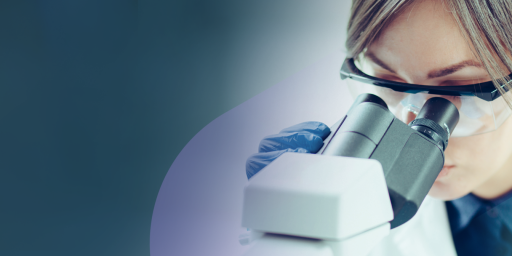
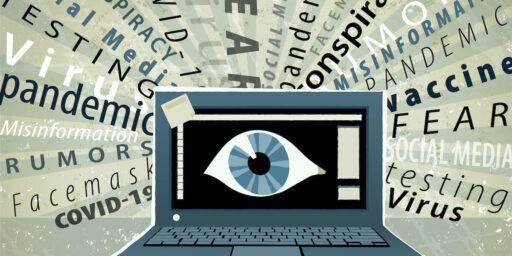
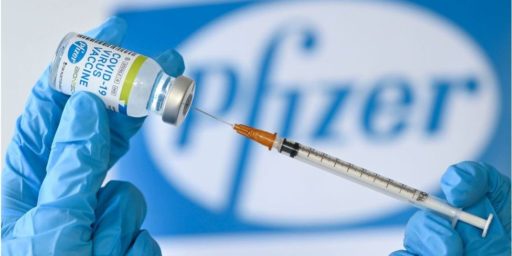
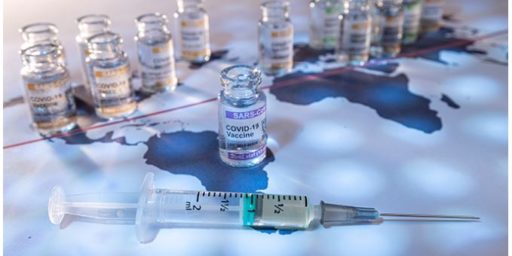
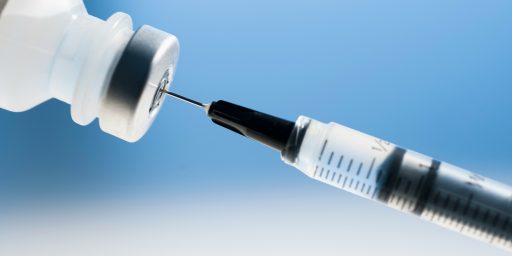
I’m fortunate, vaccines in general and the covid in particular are really easy on me. Other than a slightly sore arm, I’ve had zero side effects.
I am fully vaccinated and boosted. Three weeks ago I came down with an Omicron variant. My first case of Covid. My husband came down at the same time and his symptoms were tiredness and a hoarse throat. My symptoms were more severe–sore throat, fever, dry cough, loss of smell and taste, and tiredness. Still experience diminished sense of taste and smell, tiredness, and an occasional coughing episode. Will I get the bi-variant vaccine when available? Yes. There’s another Covid variant out there somewhere, and after after this brush with the virus, I don’t want another. People who lose taste and smell are more prone to dementia. I have other health issues. But most of all, I want to savor my retirement and not be hampered by unknown effects of Covid–especially heart disease.
I’ll be at CVS on Day One, cringing, clenching, staring manfully off into the middle distance, voice an octave higher than normal as I chatter on.
@Michael Reynolds:
Ditto.
I hate needles, but I love vaccines.
After I got my first jab, I played a tune with my walking stick on a xylophony-ish thingy outside the arts centre that’d been converted to an NHS vaccination site.
Remember a woman in the queue saying (with a laugh)
“Well, someone’s happy!”
Me:
“Damn right I am!”
And did a little dance step, before walking back to my car, twirling my cane.
Medical science, baby! We has it.
I’ll probably get the NEW booster. The CDC (and Fauci NIH, etc) has backtracked on so much guidance and I knew in my case the current booster would be a waste of time. I likely had “early” COVID in January 2020 (sickest I’ve been as an adult, major flu that was not the flu by rapid test was rampant here, also there had been direct flights from Wuhan – sampling blood donations Dec 15 2019-Jan 15 2020 had a ~3% positive rate for Covid-19, before it was know to be in the USA). I got the Pfizer shots in Spring 2021 (1st had a larger response than the 2nd, implying prior infection), booster in Nov 2021, then Omicron just after Christmas (likely, positive for Covid but they don’t tell you the version and symptoms matched and it was the major variant then) that was mostly a very runny nose (like a sinus infection), only got tested because a restaurant I went to Dec 23 shut down because most of their staff were sick. The science certainly isn’t settled (nor is the virus, keeps mutating). Lots of PhD thesis (pl?) are going to come out of this adventure in science and public policy.